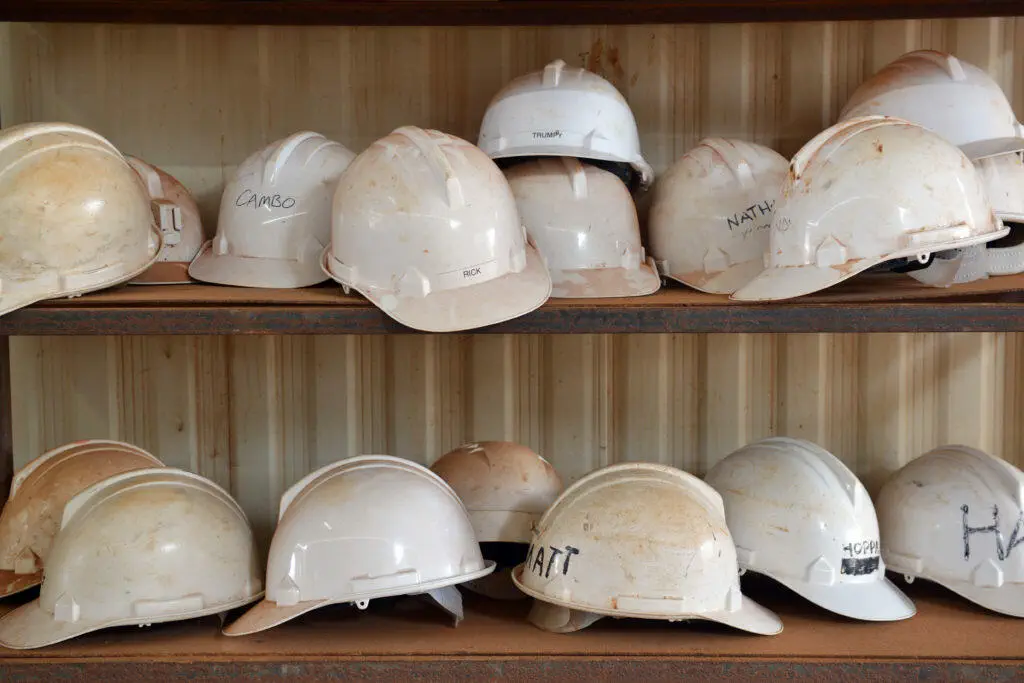Velkommen til 17 nye medlemmer!

De nye bedriftsmedlemmene inkluderer store og små foretak og omfatter både mote, sport, mat, skiltdesign, vannrensing og et bilverksted. I tillegg har en organisasjon som Røde Kors Tøy og Tekstil, som samler inn brukt tøy til inntekt for humanitært arbeid, meldt seg inn. Menneskerettigheter i Bergen Bergen kommune skriver på sine nettsider at innmeldingen er […]
Bringing the workplace together in person and digitally

“After the JETI-QuizRR training we came to learn what qualifications we should look for in a candidate who can represent us and our rights,” says Mahduda Begum (photo), trimming operator at Heasong factory in Bangladesh. Put simply, workplace social dialogue is a process that brings together workers, their representatives and employers to discuss problems and […]
FNs menneskerettighetserklæring fyller 70 år

“Ensuring that human rights are respected across their own activities and value chains, is the most significant contribution most companies can make towards sustainable development.” Sitatet er fra Dante Pesce, leder for FNs Working Group on Business and Human Rights. Samtidig viser en FN-rapport som ble lagt frem for Generalforsamlingen i oktober, at globalt er […]